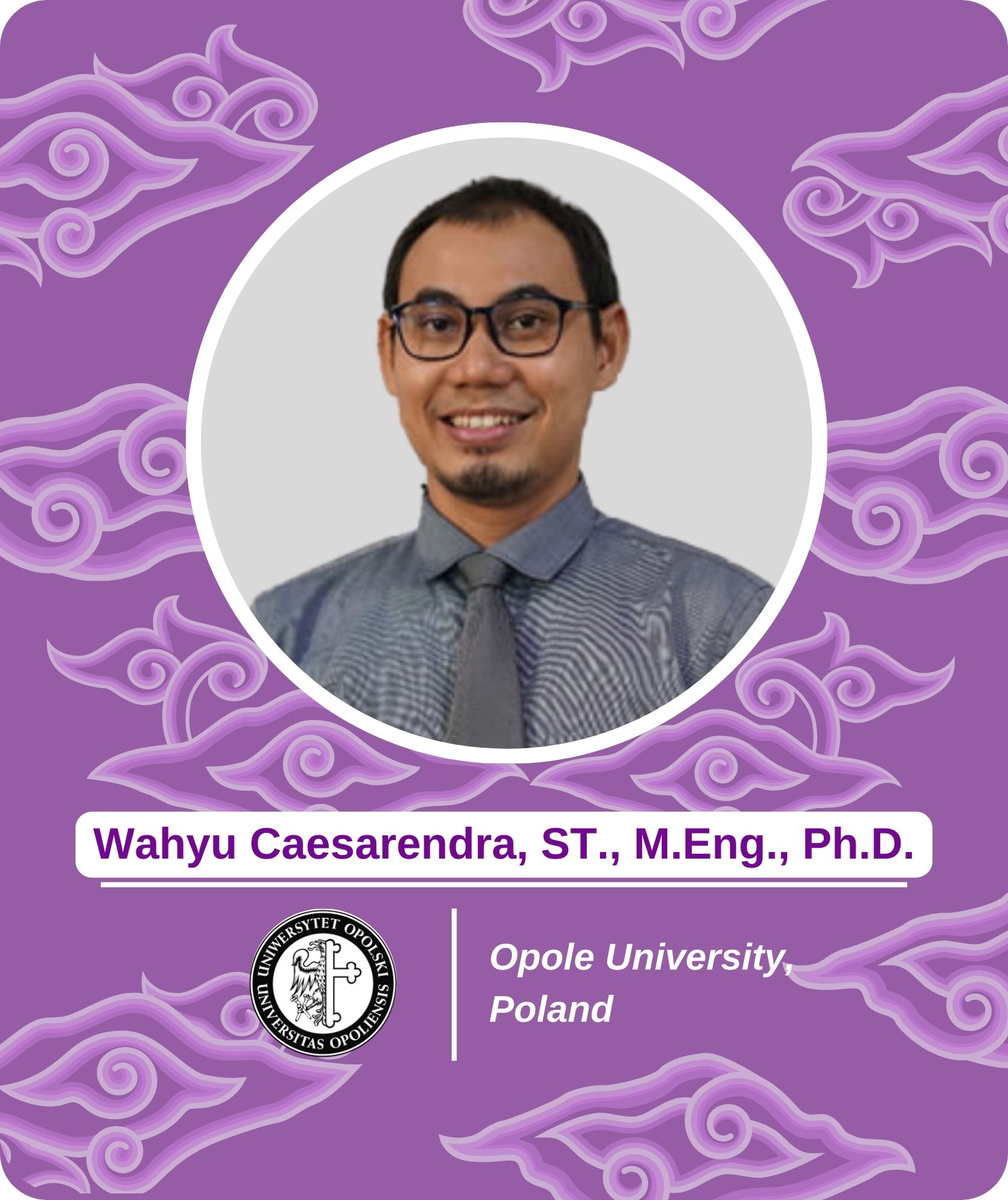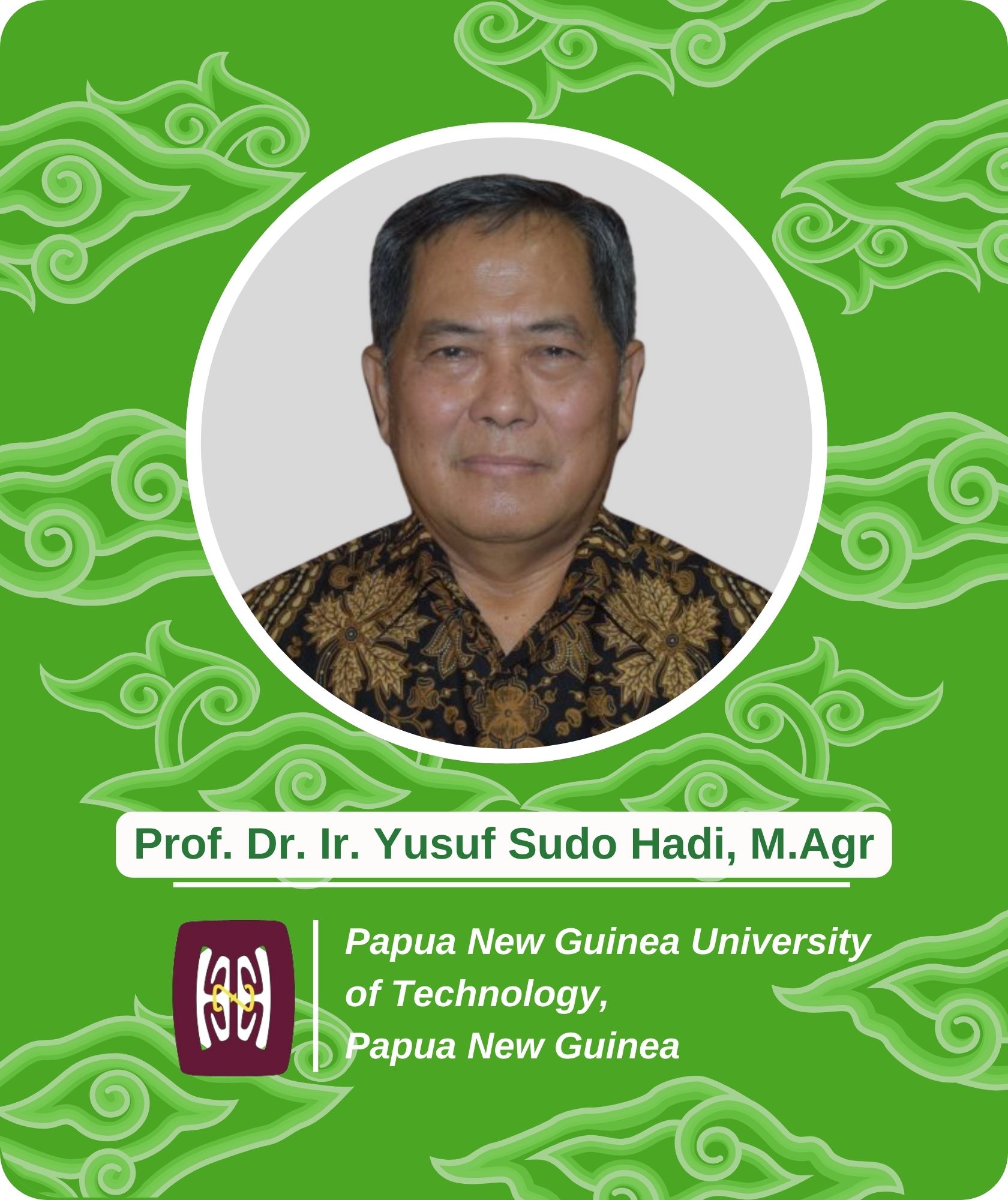Evaluating the impact of the teaching factory model on Vocational High School student competencies in the SMK Centre of excellence program
Keywords:
SMK, Teaching Factory, Vocational EducationAbstract
The study analyzes the impact of the Teaching Factory learning model on enhancing Vocational High School (SMK) students’ competencies under the SMK Center of Excellence (SMK PK) Program. The model bridges education and industry by providing practice-based learning tailored to job market demands. Using a quantitative pre-test and post-test method combined with PLS-SEM, data was gathered through observations, questionnaires, and interviews with students, teachers, and industry partners. Results reveal a significant improvement in technical skills, work readiness, and soft skills, including problem-solving, teamwork, and discipline. Industry collaboration strengthened curriculum relevance and training quality, enhancing graduates' employability. Aligned with SDG 4 (quality education), the study highlights the model’s success in preparing students for the workforce and recommends its broader application to elevate vocational education competitiveness in Indonesia.
The results of the study showed that the Teaching Factory model significantly improved the technical competencies, work skills, and soft skills of SMK students. This increase was seen in indicators such as problem-solving skills, collaboration, discipline, and readiness to enter the workforce. In addition, the involvement of industry partners in this program made a positive contribution to the relevance of the curriculum and the quality of training. The SMK PK program that integrates Teaching Factory has also succeeded in strengthening the relationship between SMK and the industrial world, thus opening wider job opportunities for graduates.
In conclusion, the Teaching Factory model in the SMK PK program has a positive impact on the development of SMK students' competencies, making them more prepared and competitive in the job market. This study recommends expanding the implementation of the Teaching Factory model in more vocational schools to improve the competitiveness of vocational education in Indonesia.




















